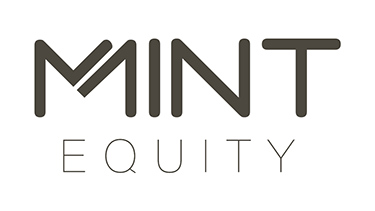It's very much an understatement to declare that the result of the recent US election stunned the world. But whether you think that President Donald Trump will be a good or bad leader, one thing is already clear: the impact of his ascension to the top job is already being felt right here in Australia.
Homeowners already struggling to stay in the property market, pay mortgages and deal with the rising cost of living are now being hit with higher interest rates, with economists pointing to the prospect of a high-spending Trump presidency as the justification.
Major banks, including Westpac, Bank SA and others, have already put their rates up by up to a whopping 60 basis points, and others are set to follow that lead. And that won't be the end of it, with some experts predicting more significant rises in the next months.
But don’t worry, even in a fluctuating market, homeowners do have options for their home loan:
Fixed interest rate
When rates are low and things are fairly stable, as they have been until recently, sticking with a variable interest rate can be a good idea. They are generally lower than the alternatives, you can immediately catch any rate decreases, and you don't commit - meaning you can move house or refinance your loan at will.
Fixed interest rate or rate lock
But in times like these, where volatility enters the fray and the interest rate trend begins to look reliably upwards, fixing your interest rate gives you peace of mind. You lock in those repayments, sit out the volatile period, and don't get caught out by rate fluctuations that could really hurt your standard of living. So when rates are still fairly low, as they are now, catching a changing situation early with a fixed rate can be a good move.
If you want to hedge your bets, you can split your loan into half fixed and half variable. This option enables borrowers to have security with a fixed interest rate on a portion of their loan, but should your situation change you’ll won’t face the full brunt of economic costs of breaking the loan.
Rate lock
But there is something else you may not have heard of that you should also bear in mind in times like these. Consider this scenario: you've been saving for that deposit for years, you've found the dream home and the perfect fixed-rate home loan, you're just waiting for settlement when suddenly interest rates hit the accelerator and you're left with a shattered budget.
Many borrowers aren't fully aware of the exposure their supposedly 'fixed' interest rate is subject to between signing all of those documents and actually reaching settlement date - because in most cases, the precise rate will change at least a little.
But some lenders offer what is called "rate lock". In a nutshell, it means borrowers can lock in their pre-approved interest rate for a period of around 60 to 90 days, protecting them from market fluctuations even while they're waiting for settlement. Some lenders offer rate lock for free, while others charge a set fee of up to around $750 or between 0.15-0.20% of the loan. Remember this is only available to those who have applied for a loan with the lender.
Check what option is best for you
Make sure you look into whether rate lock is really a good idea. If your lender's fixed rate actually drops during your 'locked' period, only some will actually let you have that new, lower rate. Read our article Why ignoring your mortgage could be costly to learn more.


